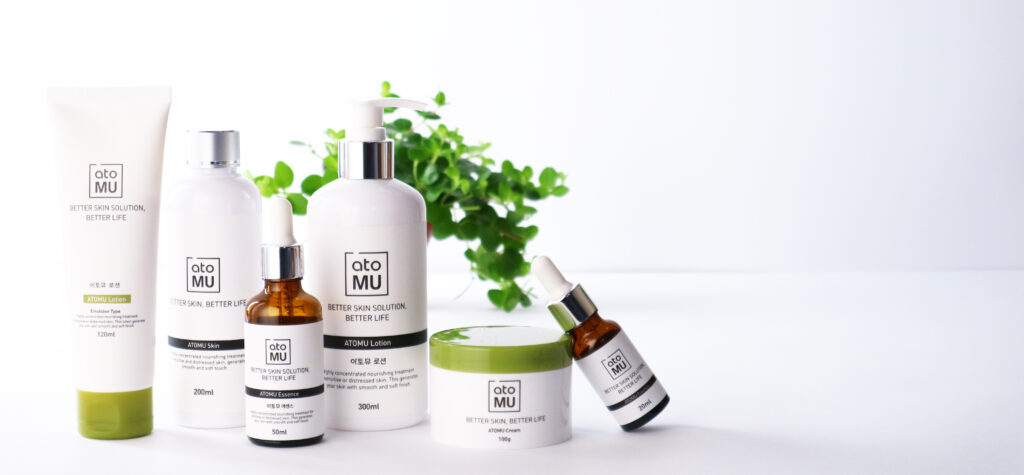
Everyone uses cosmetics regardless of age and gender. All of the manufacturers are coming up with ways cosmetically to enhance appearance. Just women alone spend $66 billion a year on cosmetics worldwide. The cosmetics industry uses attractive women to sell its skincare products, and they try to diversify with a variety of cosmetic brands and other popular health and beauty products. Cosmetic products are simply luxury items; they are not essential for one’s health. Parabens can be found in so many personal-care products, which is troubling for women who use multiple cosmetics every day. Women are also at risk for housing foreign bacteria because of the multiple moisturizers and cosmetic products that they use. People may also develop allergies to things like food and spices, medicines, jewelry, cosmetic products, and insect bites. The truth of the matter is teenagers, senior citizens and even men have made cosmetics a major part of their daily routine. There is a plethora of information on the ingredients of many cosmetics; it’s as simple as looking at the packaging of the cosmetic itself. When shopping for products that will be going in or on the body, it is important to act as an informed consumer; apparently, organizations like the FDA or the Cosmetic, Toiletry & Fragrance Association cannot be trusted to do their research and make the appropriate changes. For example, in 2010, New Jersey-based Hurel Corp., with funding from cosmetics maker L’Oreal, developed a glass chip with human skin cells and chemicals that simulate the body’s immune system. In the past 25 years we have been doing research in the isolation and characterization of a large collection of Antarctic microorganisms. Currently we are focused on several aspects related to these new species driven by the fact that they could have new metabolic capabilities and potential biotechnological applications. The discovery of this new active cosmetic ingredient is based on the fact that one of the most important protective mechanisms of this bacterium against low temperatures in the Antarctica is the production of an exopolychacharide (ATOMU)). In general, biopolymers serve many functions for microorganisms, such as protection against dryness, extreme temperatures, high salinity and toxic compounds. At the same time, biopolymers promote adhesion and are a reserve of nutrients.
▲ Celim Biotech Co., Ltd
▲ Brand Name: Atomu
▲ CEO: Brian Junwan Kim
▲ www.atomu.co.kr
▲ haohan71@naver.com
▲ T: +82-10-8435-5575
Dean Lee
K-Herald Korea
(Los Angeles Times Advertising Supplement)
Published in Feb.12th 2018



